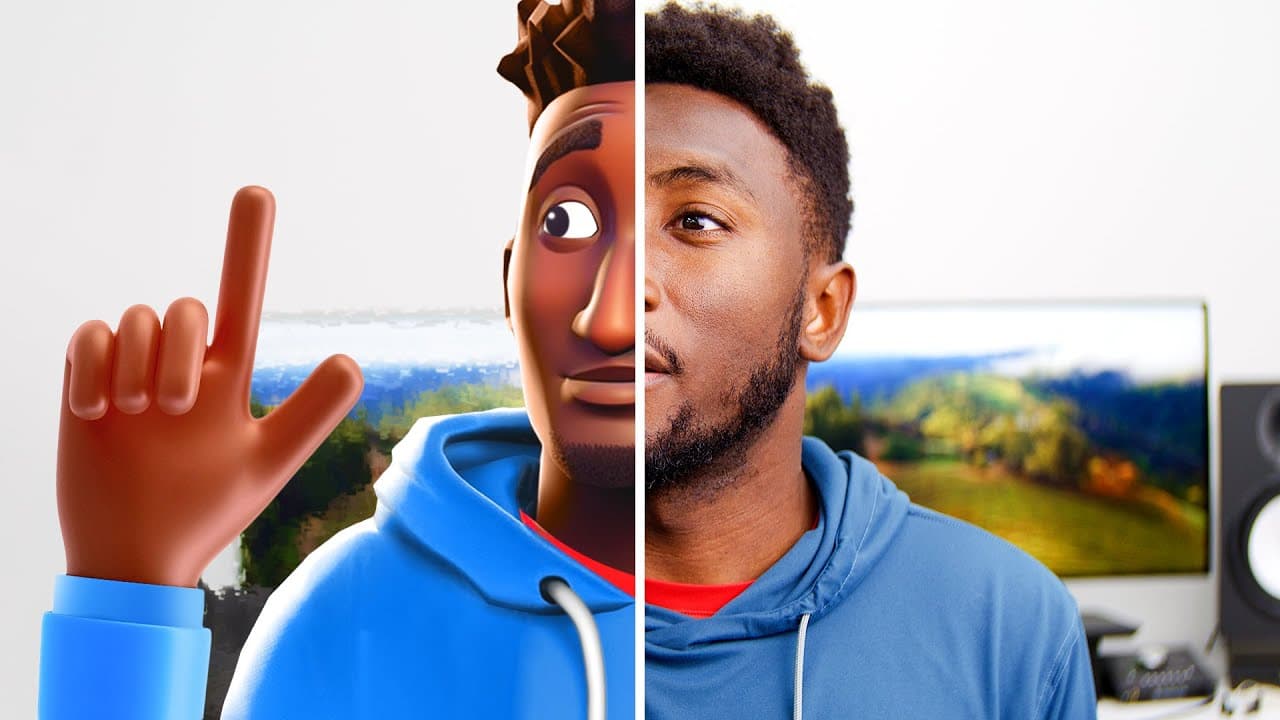AI-Generated Videos Account for 40% of Social Media Content, Raising Viewer Awareness Concerns

A recent social media post by user Lisan al Gaib has highlighted a growing phenomenon on platforms like YouTube: the widespread consumption of artificial intelligence (AI)-generated videos, often without the viewer's explicit awareness. The user observed, > "my dad watches a lot of YouTube and lately every time I go into the living room he's watching AI generated slop videos and I'm not sure if he even realizes it," prompting questions about content authenticity and viewer discernment.
The proliferation of AI-driven content is rapidly reshaping the online video landscape. Statistics indicate that AI-generated videos now constitute approximately 40% of all video content across major social media platforms. YouTube, a dominant force, has not only seen a surge but actively introduced AI tools like Dream Screen for generating backgrounds and an AI video editor, encouraging creators. Reports suggest that in May, four of the top 10 YouTube channels by subscriber count prominently featured AI-generated material.
This rise has led to what critics term 'AI slop' – mass-produced, often low-quality content difficult to distinguish from human-made videos. While a 2024 TechSmith study found 75% of viewers receptive to AI-assisted content, a significant 90% expressed concerns regarding accuracy, quality, and origins. This apprehension is compounded by instances where YouTube reportedly made subtle AI-driven edits to user videos without their knowledge, blurring authenticity.
The influx of AI-generated content presents considerable challenges for traditional human creators, whose meticulously produced videos may struggle to compete with the sheer volume of algorithmically favored AI output. Critics argue that YouTube's encouragement of AI tools risks devaluing authentic human creativity. This approach raises broader questions about the platform's responsibility in maintaining content integrity and supporting its diverse creator community.
Ultimately, the core concern highlighted by the social media post revolves around viewer awareness. As AI technology advances, making synthetic content increasingly sophisticated, the ability for average viewers to discern human-made from AI-generated material diminishes. This trend has significant implications for media literacy, trust in online information, and the future evolution of digital content consumption, urging critical examination.